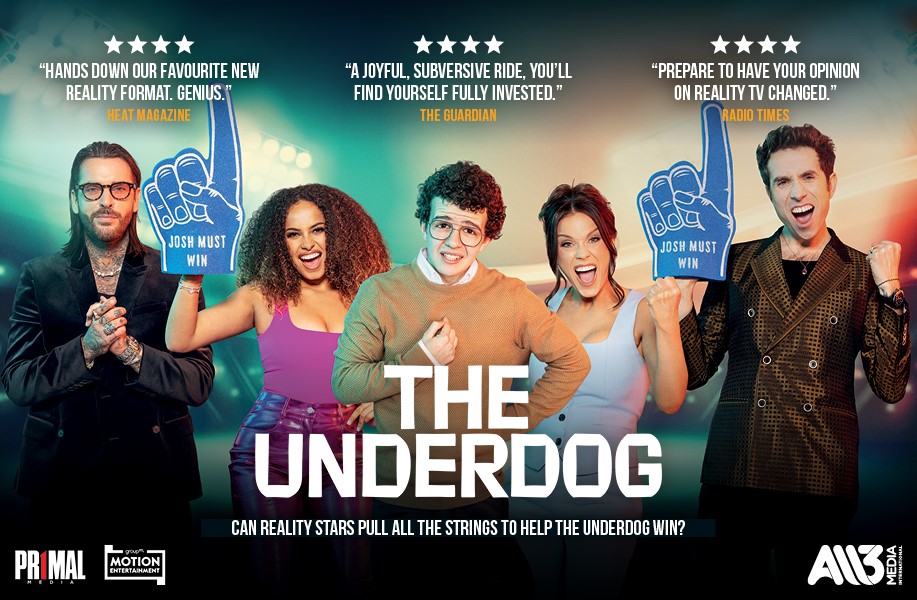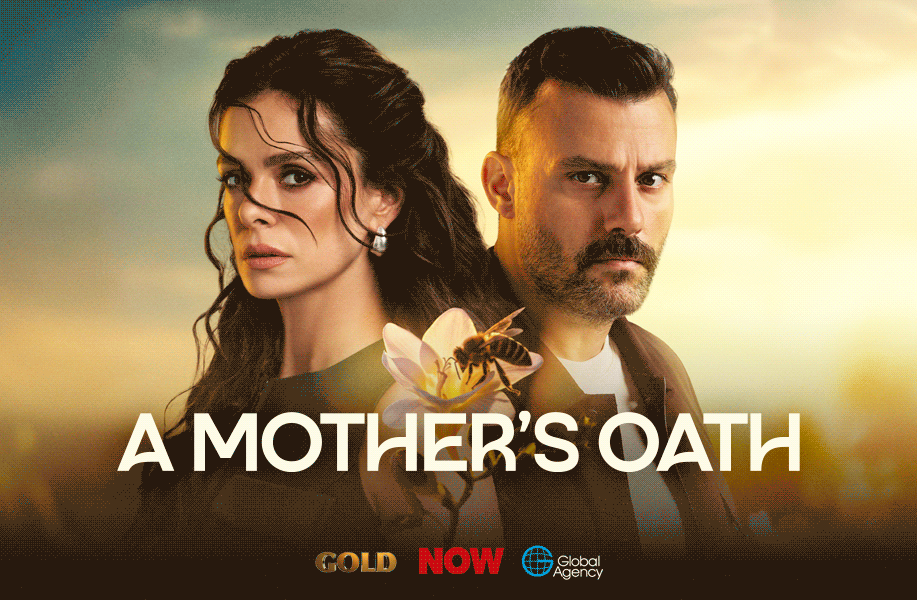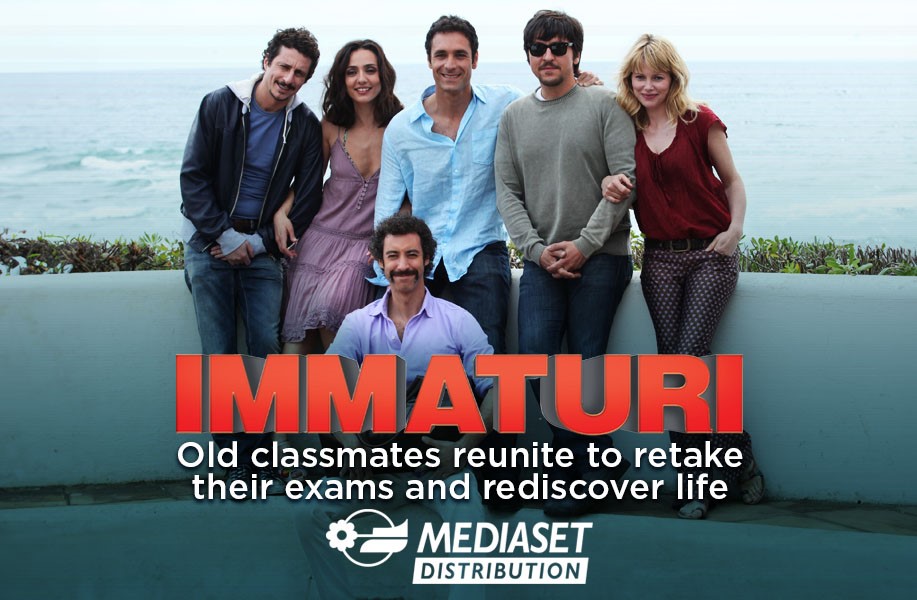In the future, ‘hybrid’ content that crosses over between social media and traditional television will become increasingly popular as a result of the digital shift that is changing the media landscape.
In this issue, we will look at two examples. The first is the interesting Europe’s K-Pop Odyssey, a ‘hybrid’ format right from its conception, being the result of a partnership between the Monaco and Finland-based film and TV production company Pig & Horse Productions (launched by Finnish actress and filmmaker Salla Kozma) and the Finnish producer Anssi Rimpelä’s UpToLevel Media, with distribution and digital strategy by Mothership Media Consultancy, which was founded by British Beatrice Rossmanith, who is an agent for the Korean Creative Content Agency (KOCCA).
Europe’s K-Pop Odyssey is billed as a ‘social-to-screen’ talent format, designed, as we said, to begin on social media and then transition to TV screens. It will begin with a European social media talent, who invites Gen Zs and young adult K-pop fans to take part in a talent competition. Pig & Horse will measure audience reach and engagement throughout the process to assess who makes it to the next stage, where audiences are properly introduced to the competitors. Selected talent will then travel to Korea to train at a professional K-pop academy before a live performance competition takes place at the culmination of the series.
Sponsorship packages and brand partnerships can also be meshed into the format, says the company, adding it is “currently in talks with select music labels to collaborate with on Europe’s K-Pop Odyssey”.
The future of television and media in general will be increasingly “hybrid”, both in terms of content and production models, and open to collaborations, alliances and partnerships of all kinds. While it will certainly be more challenging than in the past, given that every project will have to start (almost) from scratch, it will also be much more stimulating and dynamic.
Axel Fiacco


_13607.png)







